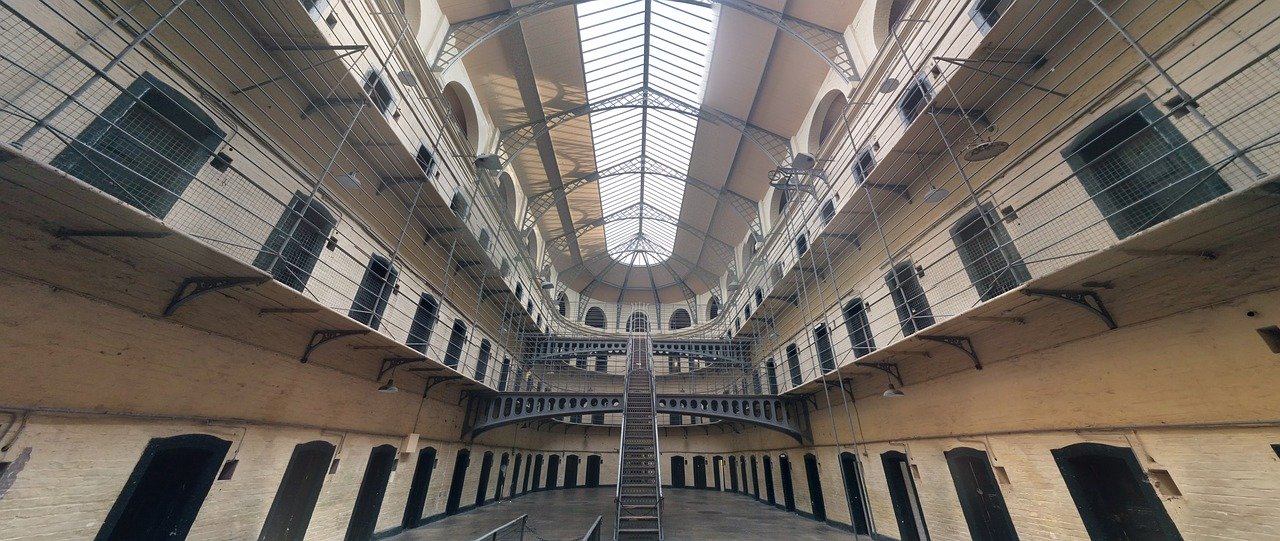Two reports raise grave concerns over prisoner care

Concerns over Prisoner Mental & Physical Well-being Flagged in New Reports.
Two reports, one published this week, lay bare the grim conditions that await some prisoners.
An investigation by the Prison Advice and Care Trust found the majority of families witnessed a significant decline in their loved ones’ mental and physical health during their custodial sentence.
They attributed this to numerous and inter-related systemic factors including: the prison environment, lack of joined up working, delays in healthcare provision, lack of health promotion, a security rather than wellbeing-led regime, staff skills, knowledge and experience, and limited opportunities for patients’ or families’ voices to be heard.
According to the Royal College of Psychiatrists, around 10% of the prison population (circa 8000 people a year), should be diverted into Mental Health Treatment by the courts, but instead, are placed in custody where their conditions worsen.
Concerns of Prisoner Families
Many of the families consulted, while acknowledging their loved one had committed a criminal offence, felt that the criminal justice system would only ever have a detrimental impact on the patient’s health as care not custody was required. Many of the families consulted felt that their loved ones’ involvement in the criminal justice system was a result of the persistent, systemic failure of services to meet their needs – whether those services be education, social care, health or criminal justice. This was particularly true of patients who were either neurodiverse or had chronic mental health conditions.
Families repeatedly described how the prison environment had had a negative impact on their loved ones’ health and wellbeing: exacerbating existing conditions, creating new symptoms and rendering already vulnerable prisoners, more vulnerable. Cells were described as overcrowded, unhygienic and uncomfortable – affecting both physical health and emotional wellbeing.
The Findings
These findings chime with a report by the Inspector of Prisons into conditions at HMP/YOI Eastwood Park, published on 3 February 2023. Some key findings of that report are:
Priority concerns
- Acute staff shortages often made the delivery of even a very restricted daily regime unreliable, leaving women with far too little time out of cell.
- There had been two self-inflicted deaths since our last inspection and rates of self-harm were very high and increasing. Many women told us they did not feel well cared for.
- Some women were acutely mentally unwell. A small number were living in residential unit 4, an appalling environment that failed to provide therapeutic support for them or the staff working there.
- The number of times force had been used against women had increased significantly and we were not confident it was always used as a last resort.
- Leaders had been too slow to reintroduce support to help women maintain relationships with their children, families and significant others.
- Leaders and managers did not provide enough spaces in education, skills and work to meet women’s needs.
Key concerns
- There was a lack of oversight of women segregated in the main residential units and other women were unnecessarily locked in their cells when segregated women were unlocked.
- Women were very frustrated by the lack of access to everyday essentials, and they found it difficult to have very basic requests met.
- Patients requiring a transfer to specialist mental health inpatient services waited far too long for a bed.
- Leaders and managers did not make sure that the available English and mathematics spaces were used effectively to meet the needs of the prison population.
- Leaders and managers did not offer appropriate qualifications in work and education.
- Remanded women had very little support to help them manage important resettlement issues on arrival at the prison.
- The imminent closure of the more open unit 7 meant women had too few progression opportunities.
- Public protection measures were weak in some key areas. For example, evidence from phone monitoring was not used effectively and appropriate restrictions on contact with victims and children were not always implemented consistently.
As solicitors specialising in criminal law we take time to monitor reports of this type and ensure courts are fully aware of the conditions in the prison estate and take these into account when deciding on the appropriateness of a custodial sentence.
How We Can Help
If you have any questions or concerns regarding prisoner care, please don’t hesitate to call us on 0161 477 1121 or email us.


